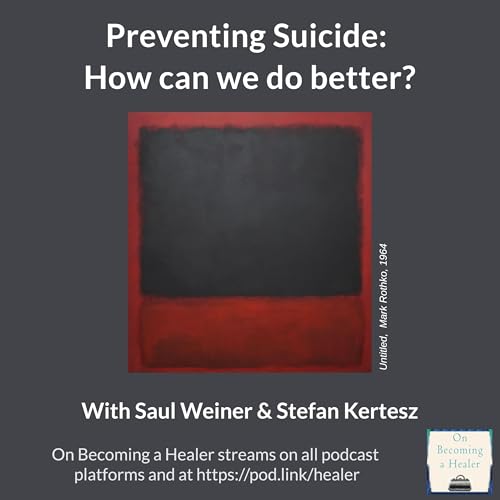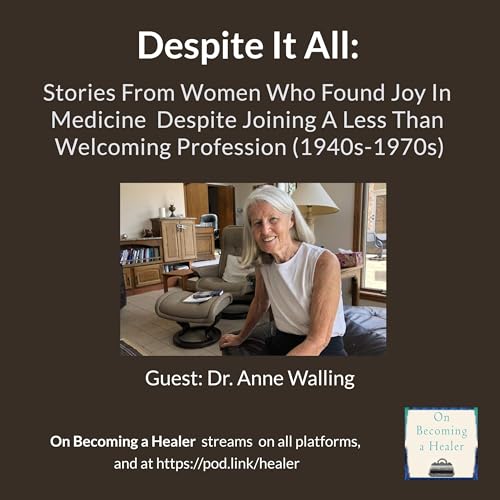Soon after Lisa Iezzoni MD was diagnosed with multiple sclerosis during her first year at Harvard Medical School, from which she graduated in 1984, faculty and administrators discouraged her from practicing medicine.
And in her final year they made it impossible for her when the dean's office refused to write a recommendation letter (now called a Medical Student Performance Evaluation).
This week marks the 35th anniversary of the American Disabilities Act which was signed into law on July 26th, 1990. Much has changed since but -- as Dr. Iezzoni, who went on to become an eminent scholar and national policy leader on disability, has documented -- not nearly enough.
She and others have documented wide disparities in the quality of care patients with disabilities still receive, and in 2021 she published the findings of a national study of physician attitudes towards disability that document's persistent stigma and misinformation. Disabled patients were described as a "disruption to clinic flow" and a majority of physicians believed that patients with significant disability inherently have a worse quality of life.
Practices are also ill-equipped to care for them, Dr. Iezzoni, who chaired the U.S. Access Board's advisory committee on accessibility standards for medical equipment observed that "healthcare has been among the most backward environments, in terms of making itself accessible. Movie theaters are accessible, sports stadiums are accessible, transit is accessible. But healthcare facilities—no."
In our conversation with her, we explore why. How is it that physicians have such difficulty appreciating that disability is simply a part of the human experience? We explore the link between the culture within medical education and training, and the kind of people physicians become.
------
References:
Physicians' Perceptions of People with Disability and Their Health Care
US Access Board
 2026/02/1739 分
2026/02/1739 分 54 分
54 分 50 分
50 分 1 時間 3 分
1 時間 3 分 2025/10/2152 分
2025/10/2152 分 42 分
42 分 46 分
46 分 57 分
57 分
